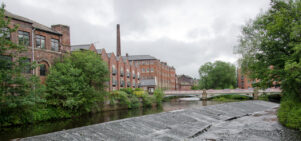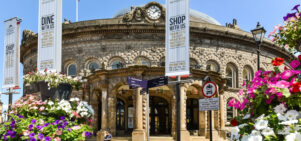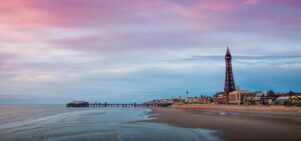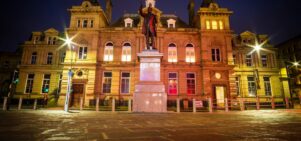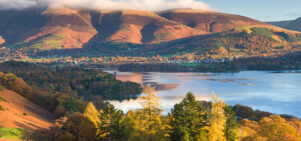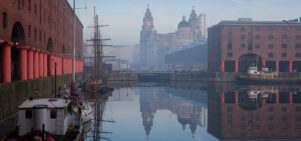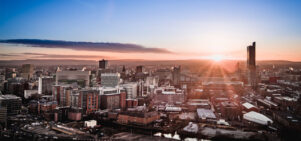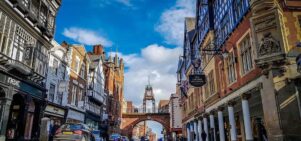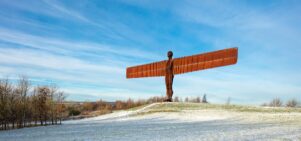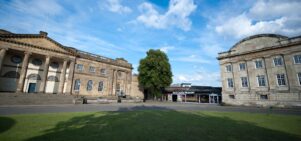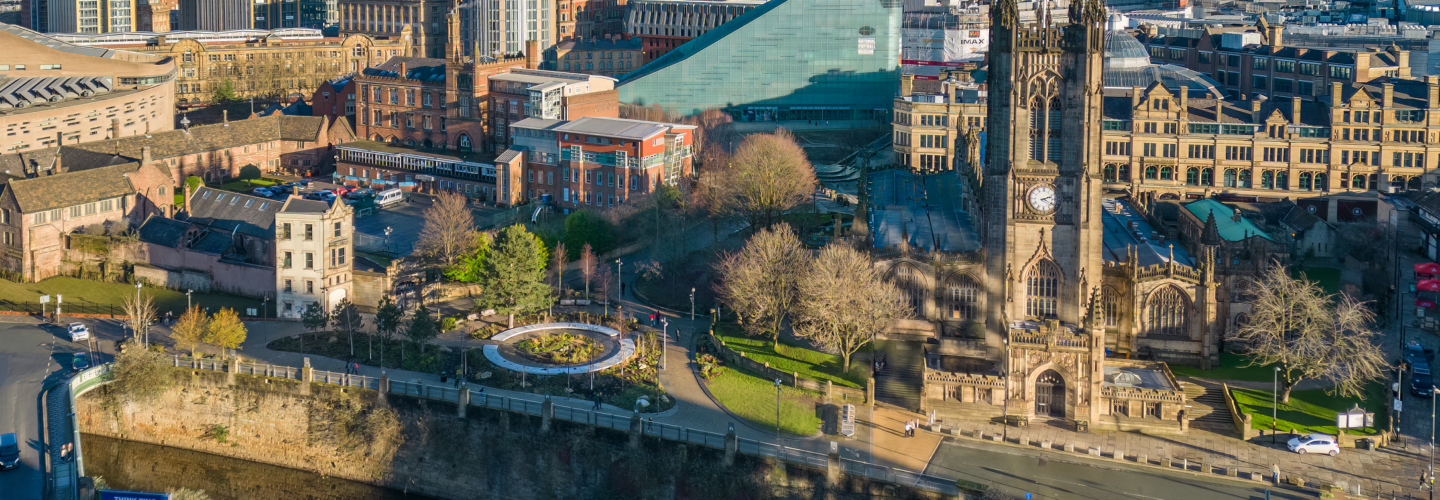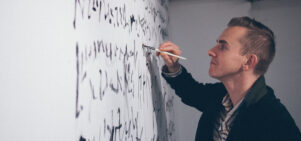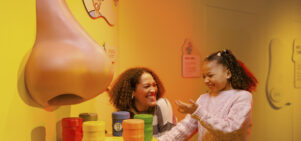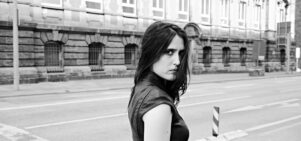Art Sheffield: The revolution will be industrialised
Susie StubbsThe biennial art festival returns to Sheffield with a city wide programme that has a distinctly political-industrial bent.
If one city can lay claim to a socialist past, it’s Manchester, right? The birthplace of so many left-leaning “isms” can surely stake a claim as being the British city with the reddest hue. Yet in the 1980s Sheffield earned the nickname “The Socialist Republic of South Yorkshire,” an intended slight that nevertheless stuck – and today is an idea that underpins the politically flavoured Art Sheffield.
“It’s hard not to be political,” says festival curator, Kirstie Hamilton. “We are living through a period of incredible political instability, and while it’s easy to think it’s limited to the Middle East, look at the riots in 2011, look at what’s going on in the US now.” Hamilton is standing in front of a work by the German artist, Joseph Beuys. Called Wirtschaftswerte (Economic Values), it consists of a metal shelving unit upon which stand anonymous packets of food – flour, butter, grain – bought by Beuys in the late 1970s in an East Germany that still sat mute behind the Berlin Wall. The food inside the packets rots, slowly. A crumbling plaster block on the floor has had its cracks patched with rancid butter. On the surrounding walls sit several Victorian paintings, their gaudy frames a bourgeois contrast to the functional shelves before them.
It’s hard not to be political. Look at the riots in 2011, look at what’s going on in the US now
It is from this work that the rest of Art Sheffield flows, a contemporary art festival that takes in exhibitions in all of the city’s main galleries, alongside film screenings, talks and events. “In the past we had guest curators,” says Hamilton, “but this year we’re using a different model. We were looking for ways to inspire the festival and this work seemed to speak to the period we are living through. It can be read in so many different social and political ways – that openness made it a provocateur.”
While not all of the work in Art Sheffield is as political as Wirtschaftswerte, much of it has an undercurrent of unrest or change. In the room next door to Beuys’ work at the Graves Gallery is, for example, The Days of the Commune, a present-day take on Bertolt Brecht’s play dramatizing the Paris Commune of 1871 (a socialist uprising that was eventually brutally suppressed). The work of Zoe Beloff, it features a film whose actors were drawn from the Occupy Wall Street movement, its cardboard props and wall-mounted storyboards presumably as cobbled together as the short-lived socialist government that oversaw Paris during its 19th-century revolution.
This is the fifth iteration of the biennial Art Sheffield, and like that other northern visual art fest, Liverpool Biennial, it makes the most of the artistic strengths of the city. “Sheffield has more artists’ studios than any other city outside London,” says Hamilton, “and so alongside the main programme is a parallel one that represents them – it’s broader than the exhibition you see here.” So as well as shows and commissions at the Graves, Site Gallery and artist-run spaces like Bloc Projects, there are events such as the Sheffield Print Fair. There’s also the broader canvas of the city, the street art that lines roads such as Brown Street (where you’ll find Site Gallery) adding depth to the festival. The steel city is showcased in other ways, too. In one room at Site, for example, lie the sculptural results of Garth Evans’ collaboration with the British Steel Corporation in 1969. Close by, a new film by the Greek artist Mikhail Karikis explores what happens to industrial towns when factories fall silent. Children of Unquiet is set in The Devil’s Valley in Tuscany; in it, children whose families once worked at a nearby geothermal factory stage a part-deadly serious, part-childishly joyous “takeover” of the post-industrial landscape. Their sense of play is infectious; it is a strangely uplifting work.
Standing back at the Graves Gallery looking at Beuys’ work, it’s not hard to see why it was, as Hamilton says, chosen as the “provocateur” for the festival. It’s not hard to make the connection between his work then and Sheffield today, either. The Graves is perched atop a public library, an institution designed to ensure that that most socialist of principles – free education for all – flourishes, but which has been subject to government-induced funding cuts. In a bid to remain open, for example, the Graves has cut its opening hours, yet the gallery itself is far from diminished. “The work we have for Art Sheffield is a contrast to what we normally programme,” says Hamilton. “We rarely have AV work or performance work, but we felt that’s what the festival should be for us: a chance to do something different.”
“We are living through a period of questioning,” continues Hamilton. “And that’s precisely what Joseph Beuys does through his work. He challenges you to ask questions about how life works for you.” Here in The Socialist Republic of South Yorkshire, where artist studios pepper the city and institutions such as the Graves continue to collaborate, commission and challenge, you can expect those questions to be answered with industry – albeit industry of a very different, and far more creative, kind than that which went before.
